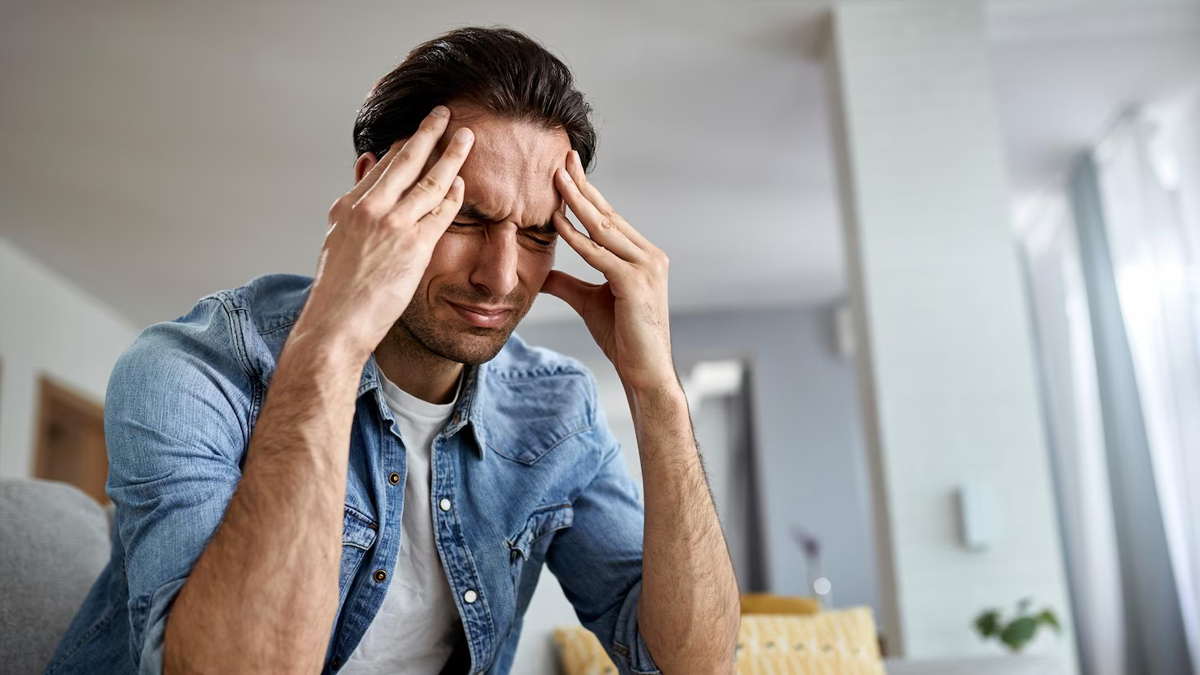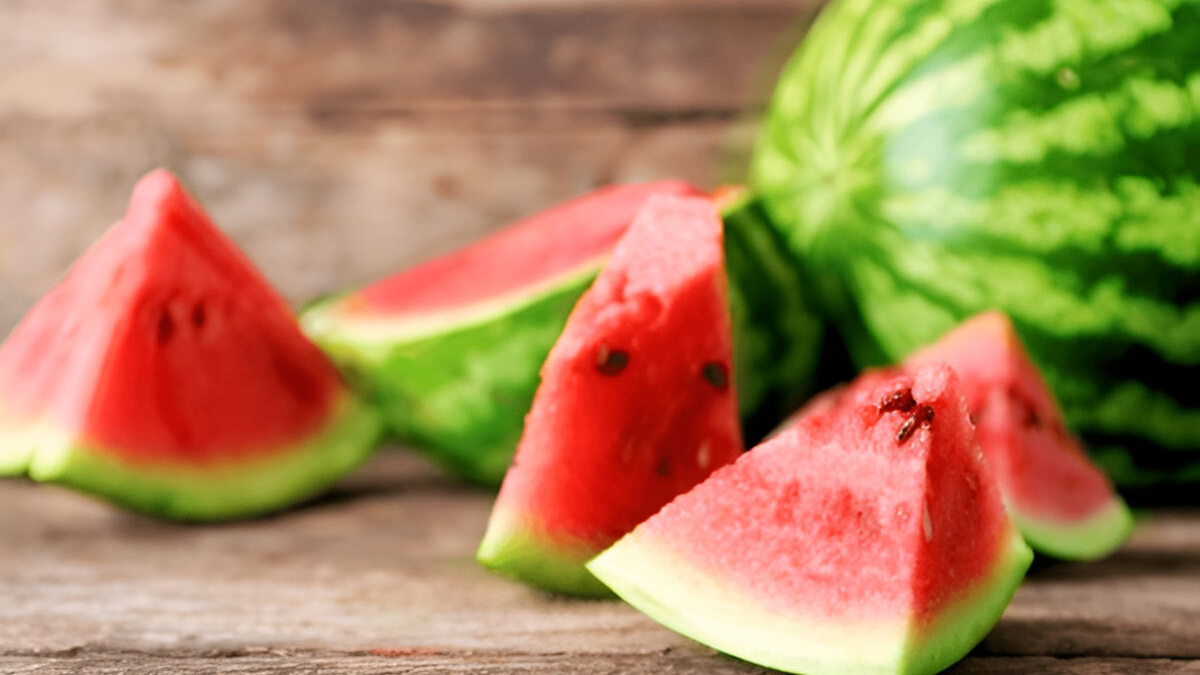
These days, carrying a water bottle has become almost as common as carrying a smartphone. Many young adults pay close attention to their hydration, tracking each sip and even posting reminders online. However, despite these efforts, a few still struggle with dehydration.
Table of Content:-
“In my clinic, I frequently meet patients who keep up with their water intake yet still feel exhausted, get frequent headaches, notice dry skin, or experience kidney discomfort. This highlights that staying properly hydrated involves more than simply drinking enough water,” said Dr Sandeep Reddy Koppula, HOD - Internal Medicine, Arete Hospitals, Hyderabad.
Why Hydration Feels Complicated Today

Water supports almost every function in the body. It helps maintain blood volume, regulates temperature, aids digestion, and filters waste through the kidneys. Traditionally, staying hydrated meant drinking when thirsty and including water-rich foods in meals. “These days, staying hydrated can be more challenging because of our digital lifestyles. Long hours on screens, irregular meals, and excess coffee, tea, or sugary drinks can fool your body into feeling hydrated. Many young adults assume these drinks count, but they can actually make you lose more fluids,” added Dr Koppula.
Digital Distractions and Mindless Sipping
Smartphones and laptops have changed the way we work, socialise, and eat. Today, staying properly hydrated is not always straightforward. Long hours spent in front of screens, irregular meals, and frequent coffee, tea, or sugary drinks can trick the body’s thirst signals. Many young adults believe these beverages keep them hydrated, but they can actually lead to fluid loss.
Also Read: Is Your Baby Dehydrated? Key Symptoms Parents Shouldn’t Ignore
Signs Your Hydration Isn’t Enough

- Unusual tiredness despite sufficient sleep
- Headaches
- Dry lips and skin
- Brittle nails
- Reduced urination or dark-colored urine
- Sluggish digestion
- Frequent bloating
These signs can indicate that your body is not getting enough hydration, potentially leading to more serious health issues if left unaddressed.
Smart Hydration: Quality Matters, Not Just Quantity
Proper hydration isn’t just about reaching a set number of glasses each day. It also means being mindful of when you drink, what you drink, and maintaining the right balance of electrolytes. Here are some expert-recommended strategies:

- Listen to your body. Thirst is an early and reliable signal. Don’t ignore it for the sake of apps or schedules.
- Make water your first choice. Minimise sugary drinks or excessive caffeine that can cause fluid loss.
- Include water-rich foods. Fruits such as watermelon, cucumber, and oranges provide fluids along with nutrients.
- Spread intake throughout the day. Small, regular sips are better than drinking large amounts at once.
- Consider electrolytes. After intense exercise or in hot weather, adding a pinch of salt or sipping an electrolyte drink can help keep your body balanced.
Lifestyle Tweaks for a Hyper-Digital Generation
Hydration in a digital world requires more than carrying a stylish bottle. Simple routines can make a big difference:
- Take a water break after online meetings.
- Pair drinking with meals or short breaks.
- Set gentle reminders that are not tied to productivity apps.
- Paying attention to hydration with mindfulness can improve absorption and overall fluid balance.
Message From The Expert
Dr Koppula said, “Just because you’re young and busy doesn’t mean your body doesn’t need water. It’s easy to forget to drink enough when you’re staring at screens all day or rushing from one thing to another. Drinking at the right times and picking simple fluids can make a big difference—you’ll feel less tired, your kidneys will thank you, and you’ll just feel better overall.”
Bottomline
For young adults glued to screens, it’s not just about the number of bottles you carry. Pay attention to what your body is telling you and try to drink with awareness rather than out of habit. If you’re still tired, getting headaches a lot, or having problems with your urine even though you’re drinking water, it’s a good idea to talk to a doctor or kidney specialist. They can check if something else is going on and give advice on how to stay hydrated in a way that actually works for you.
How we keep this article up to date:
We work with experts and keep a close eye on the latest in health and wellness. Whenever there is a new research or helpful information, we update our articles with accurate and useful advice.
Current Version